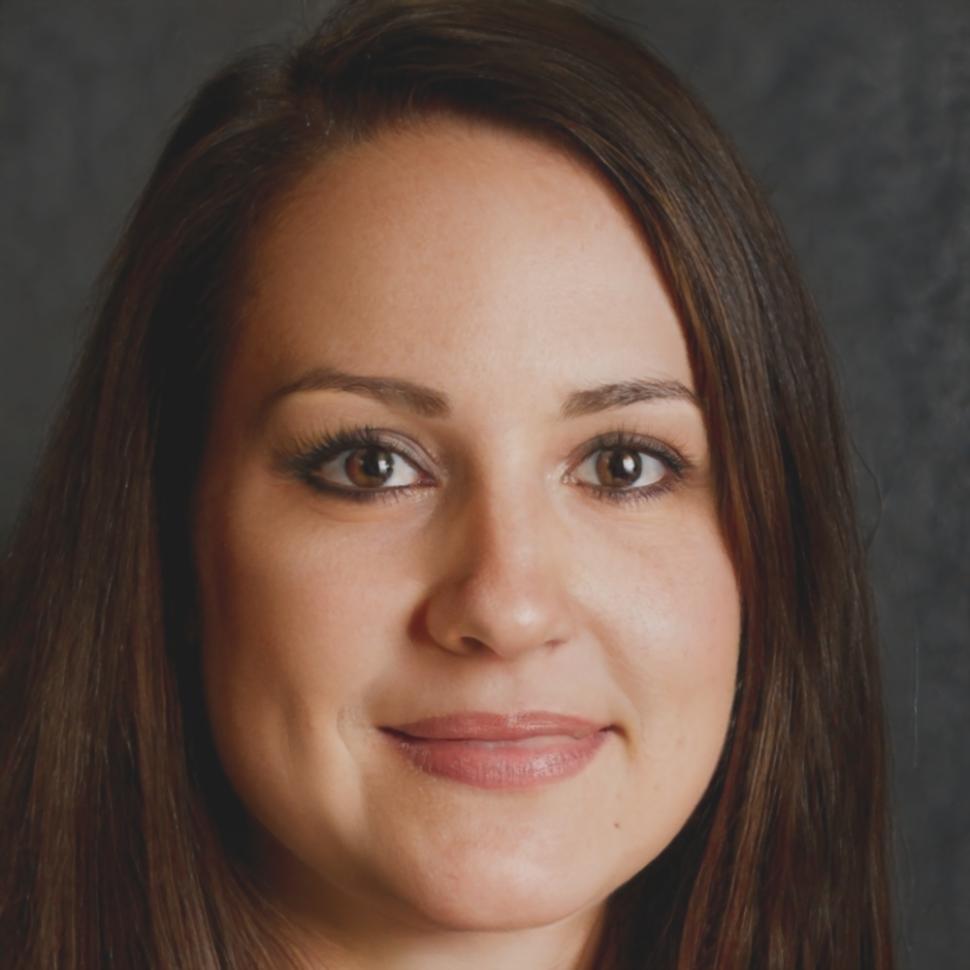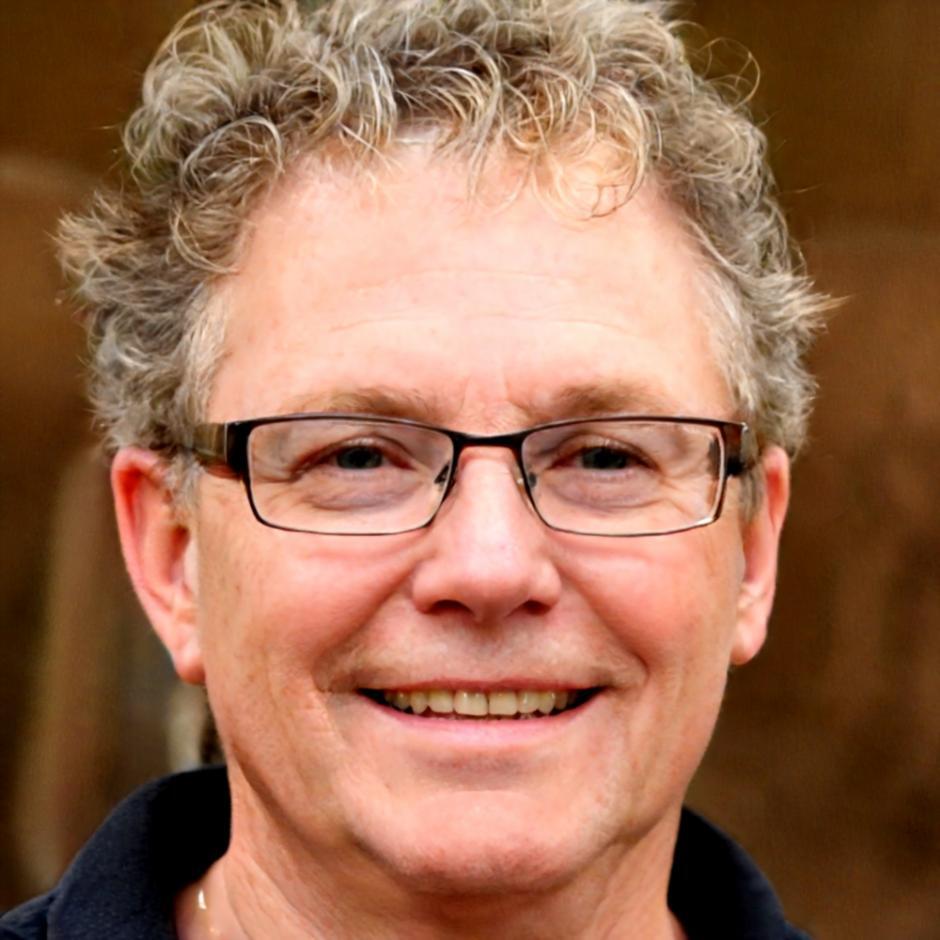Financial Forecasting Certificate Program
Starting September 2025, our comprehensive twelve-month program helps you build practical skills in budgeting and forecasting. You'll work with real Australian business scenarios and learn from professionals who've navigated economic shifts across multiple industries.
Enquire About Next Intake
What You'll Actually Learn
Budget Construction
We start with the basics—not everyone comes from a finance background. You'll build monthly, quarterly, and annual budgets using tools most Australian businesses already have. By month four, you'll handle variance analysis without second-guessing yourself.
Forecasting Methods
Learn three different approaches to projecting future performance. Some businesses need rolling forecasts, others work better with scenario planning. You'll figure out which method suits different situations through weekly case studies drawn from retail, manufacturing, and service sectors.
Risk Assessment
Things rarely go exactly as planned. We spend considerable time on identifying financial risks early and building contingency plans that actually work. You'll practice spotting warning signs in cash flow patterns and creating response strategies that don't require perfect hindsight.
Program Structure
Months 1-3: Foundation Phase
Two evening sessions per week covering spreadsheet fundamentals, basic accounting principles, and budget terminology. You'll complete four small assignments using sanitized data from real Adelaide businesses. No exams during this phase—just practical work.
Months 4-7: Applied Skills
This is where it gets interesting. You'll work in small groups on quarterly forecasting projects. Each group gets assigned a different industry sector. Sessions shift to include guest speakers who've managed budgets through various economic conditions. Expect some late nights when quarterly deadlines approach.
Months 8-10: Advanced Techniques
Scenario modeling, sensitivity analysis, and multi-year projections. You'll learn software beyond basic spreadsheets and practice presenting forecasts to skeptical stakeholders. Some participants find this challenging—it's meant to be. The goal isn't perfection, it's competence under pressure.
Months 11-12: Capstone Project
Individual project where you create a complete annual budget and three-year forecast for a hypothetical company. You'll present your work to a panel that includes working finance managers. It's nerve-wracking but valuable. Most participants say this is where everything finally clicks into place.
Program Instructors

Desmond Thackery
Budget Analysis Lead
Twenty-three years managing budgets for mid-sized manufacturers. Desmond handles the foundation modules and brings a straightforward approach that cuts through unnecessary complexity. His examples come from actual budget crises he's navigated.

Wilhelmina Gresham
Forecasting Specialist
Former CFO for three different retail chains. Wilhelmina teaches the forecasting modules and has a reputation for demanding precision. She's tough but fair, and students consistently rate her sessions as the most valuable once they finish the program.

Percival Dunsworth
Risk Management Advisor
Spent fifteen years in financial risk consulting across mining and agriculture sectors. Percival runs the advanced modules and capstone reviews. He's the one who'll challenge your assumptions and make you defend your projections with actual data.
Applications Open June 2025
We accept thirty participants per intake. Priority goes to those who submit applications early and demonstrate genuine interest in financial planning. The program requires commitment—expect to spend 10-15 hours weekly on coursework. If you're ready to develop practical budgeting skills that employers actually value, get in touch.
Request Application Details